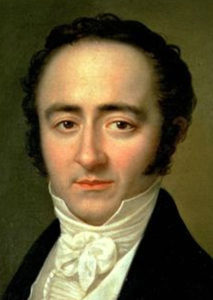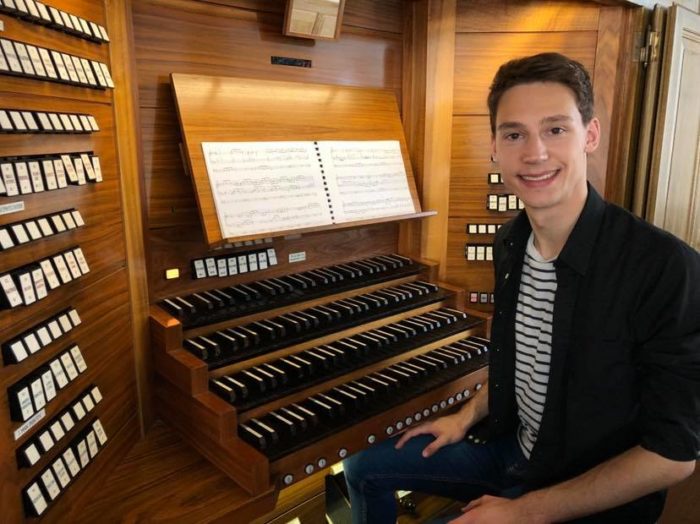On 10 and 11 June, Austrian concert organist Lukas Hasler will perform two concerts in the Lviv Organ Hall. The musician, known in the organ community for his skill, charisma and sincerity, decided to come to Ukraine and show his support in these difficult times of war.


Phone app brings 40 Ukrainian classical composers into your pocket- You also work as a choirmaster. Please tell us about this experience. - For many years I’ve been directing the PaltenKlang Choir, which has over 40 members. We mainly sing classical music and Austrian folk songs. For me, working with people is a welcome change from my job as a concert organist. We’ll be touring the United States in October. - You’re actively present in social networks. Do you think that such activities can make organ music more interesting and understandable to modern listeners? - Social media can make organ music more understandable, especially for young people. I use these resources because they allow me to better connect with my audience and take people with me on my travels around the world. Read more:
- Lviv’s Forbidden Music project proves totalitarian regimes cannot control people’s minds – Swedish composer
- Ukraine launches official account on Spotify
- Ukrainian music forbidden under Soviets comes to limelight in international project
- Kyiv is becoming the world’s music video capital: 12 iconic clips
- Beyond Go_A: a playlist and guide to modern Ukrainian folk music
- The secret of Kateryna Pavlenko, Ukraine’s enigmatic Eurovision singer
- Phone app brings 40 Ukrainian classical composers into your pocket
- Why was Ukraine’s Eurovision performance by Go_A so mesmerizing?
- Eurovision winner-2022 auctions off trophy to help Ukraine's Army: how to take part

